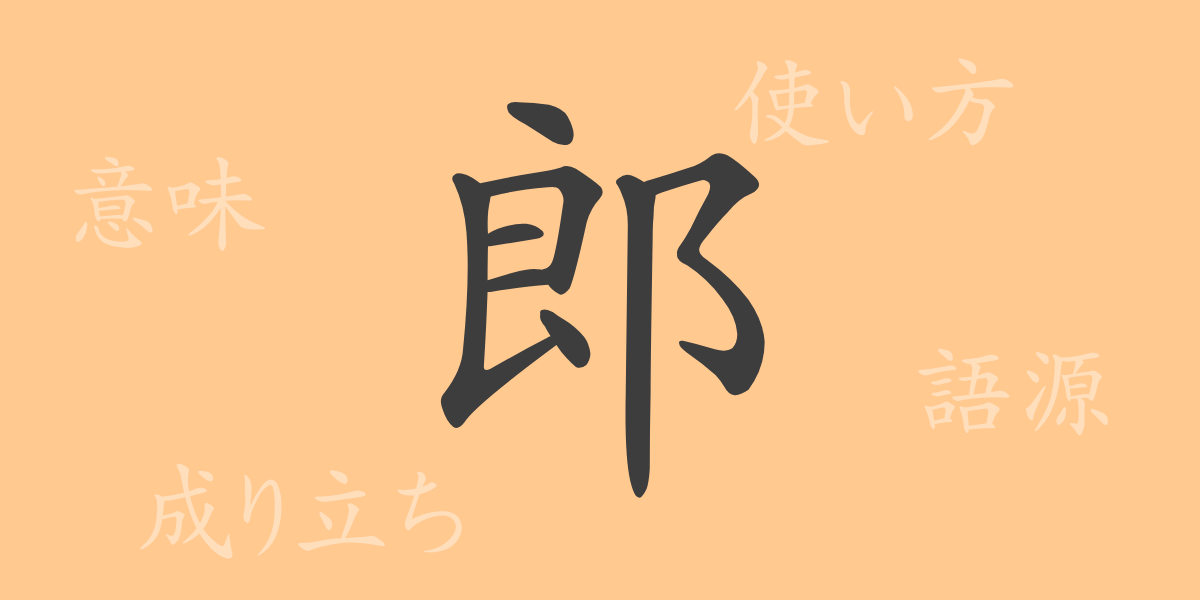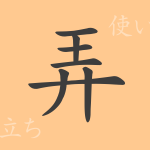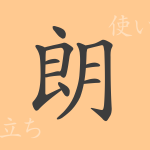Japan’s written culture is profound, with Kanji (Chinese characters) holding particularly rich meanings and histories. This time, we focus on the Kanji “郎” (rō). What stories does this single character encapsulate? In this article, we delve into the origins, meanings, usages, as well as idioms and phrases involving “郎” (rō), exploring the charm of this character.
Origins of 郎 (rō)
To uncover the origins of “郎” (rō), we must travel back to ancient China. The character “郎” (rō) was originally used as an honorific for men. This Kanji derives from “良” (liáng), meaning good or desirable, combined with the radical “阜” (fù), which signifies earth. This combination suggests that “郎” (rō) came to represent a respectable man rooted in the land.
Meanings and Usages of 郎 (rō)
In modern Japanese, “郎” (rō) signifies a young man, son, or is used as a suffix in male names. It is commonly seen in names like “太郎” (Tarō), “次郎” (Jirō), and “三郎” (Saburō), where it combines with numerals. Additionally, “郎” (rō) conveys a sense of familiarity and affection, often used to refer to young men endearingly.
Reading, Stroke Count, and Radical of 郎 (rō)
“郎” (rō) is a commonly used Kanji in Japan. Let’s take a closer look at its readings and structure.
- Readings: On’yomi (音読み) is “ロウ” (rō), Kun’yomi (訓読み) is “おとこ” (otoko)
- Stroke count: 9 strokes
- Radical: 邑 (むらがまえ, muragame)
Idioms, Phrases, and Proverbs Using 郎 (rō)
There are numerous idioms, phrases, and proverbs in Japanese that include “郎” (rō). Here are a few examples:
- 独り言 (ひとりごと, hitorigoto): Talking to oneself. Derived from the act of muttering alone.
- 放蕩息子 (ほうとうむすこ, hōtōmusuko): A son who squanders his parents’ wealth.
- 郎党 (ろうとう, rōtō): Retainers or followers serving a lord.
- 郎君 (ろうくん, rōkun): An affectionate term for a young man or husband.
- 手前味噌 (てまえみそ, temae miso): Self-praise. “手前” (temae) means oneself, and “味噌” (miso) refers to homemade miso.
Conclusion on 郎 (rō)
Each Kanji character carries its own history, and “郎” (rō) is no exception. Passed down from ancient China, this character is often used in Japan to refer to men with affection and respect. Beyond personal names, it appears in various idioms and phrases, enriching the expressive potential of the Japanese language. Through this article, we hope you have gained an appreciation for the deep allure of the Kanji “郎” (rō).
“`

























